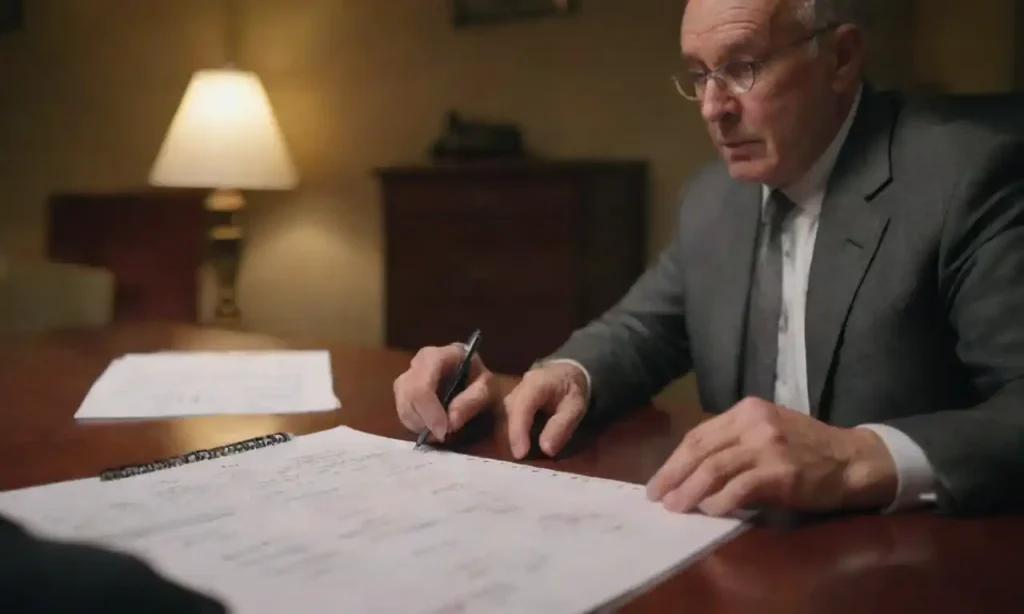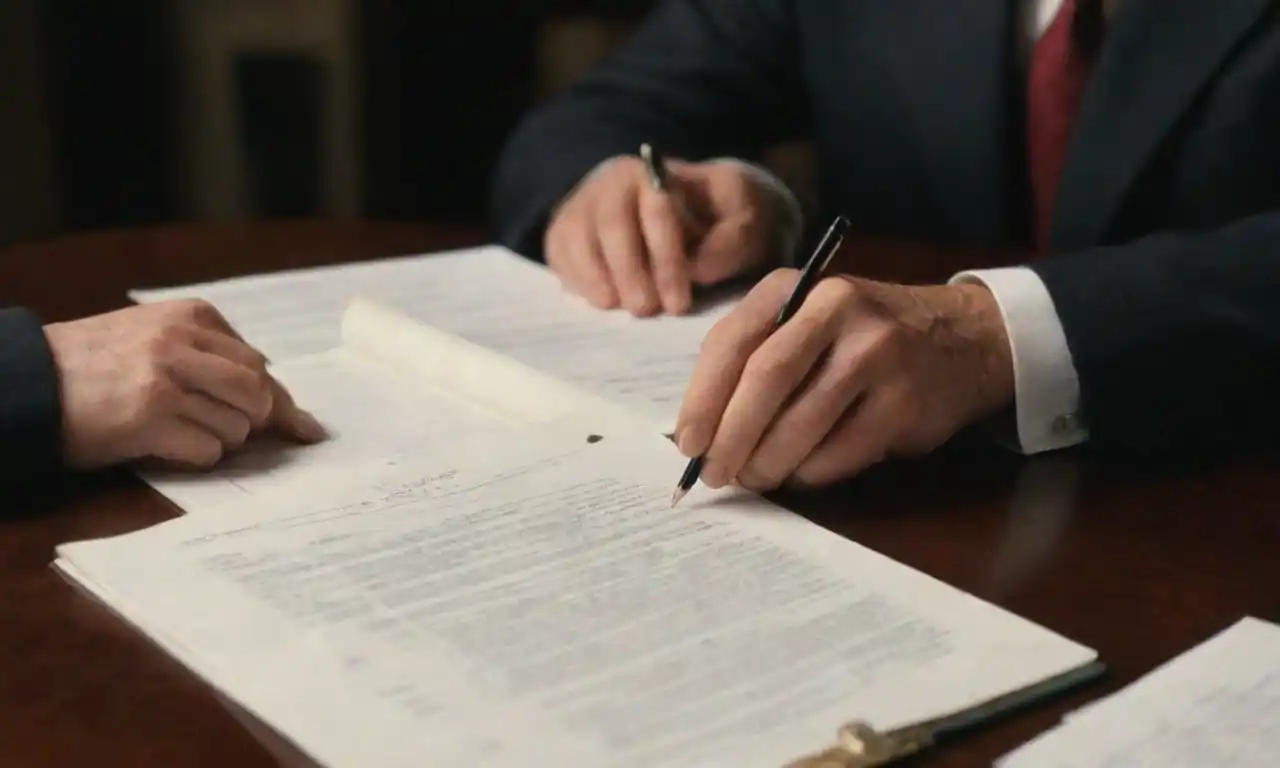Effective Strategies to Prepare Your Executor for Their Role

When contemplating the complexities of estate planning, the role of an executor is one that often doesn’t receive as much attention as it should. An executor has a pivotal function in ensuring that a deceased person's final wishes are honored, making their responsibilities both significant and multifaceted. This individual will be entrusted with sensitive tasks that may require emotional fortitude, decision-making skills, and a keen understanding of the deceased’s intentions. Preparing your executor adequately is not just a good practice; it is crucial to navigating the winding road of estate management and ensuring that everything proceeds as intended.
This article will explore the various strategies you can implement to better prepare your executor for their responsibilities. We will delve into the essential qualities that make a good executor, the educational resources that can equip them for the role, and proactive communication strategies that foster understanding and resolve potential conflicts. Whether you are in the midst of creating your estate plan or revisiting an existing one, these insights will provide a comprehensive guide to ensuring your chosen executor is ready to take on this important task with confidence and ease.
Understanding the Role of an Executor

To prepare your executor effectively, it is vital to understand the broad scope of their responsibilities. An executor is not merely a figurehead; they play a critical role in compiling the decedent's assets, settling debts, and distributing property according to the will’s specifications. Their tasks begin immediately upon the death of the individual and can extend over several months, and sometimes, even years. This makes it essential that the executor is informed and prepared for the tasks ahead.
The responsibilities typically include filing the will with the probate court, notifying all beneficiaries and heirs, gathering and valuing estate assets, managing estate debts (which can include taxes and other liabilities), and distributing the remaining assets to heirs in accordance with the will's directives. Furthermore, the executor must maintain meticulous records of all transactions and decisions taken during this process to provide transparency and facilitate any potential audits. An understanding of these various components frames the foundation for proper preparation.
Selecting the Right Executor
Choosing the right executor can significantly impact how smoothly the estate is administered. It’s not just about trusting someone to carry out your last wishes; the individual should possess a mix of reliability, organizational skills, and emotional resilience. Often, family members or close friends are selected, but it may also be beneficial to consider a professional who specializes in estate management. Professional executors can bring a wealth of experience and can sometimes mitigate familial tensions since they are not personally invested in family dynamics.
Moreover, when selecting your executor, consider having an open discussion with that person beforehand. Inform them of their potential designation and gauge their willingness to accept such a significant responsibility. Acknowledging that this role may come with stress and complex decisions can put the prospective executor in a better position to accept and prepare for the task ahead. Ensuring that your chosen executor is aware of the emotional labor often involved will create a foundation of transparency that is crucial to mutual understanding.
Communicating Your Wishes Clearly
Once you have selected your executor, communication is essential to preparing them for their role. This means not only sharing the contents of your will but also discussing your overall intentions and the values you hope to embody through your estate distribution. It is essential to demystify any areas of the will that could potentially cause confusion or conflict.
Providing a comprehensive overview of the estate, such as key assets and specific distributions, will help your executor better understand what is at stake. Furthermore, if there are any particular relationships or family dynamics that could complicate decisions, addressing these frankly with your executor will give them context to navigate sensitive situations. This upfront dialogue can prevent disputes down the line and establish trust and respect between you and your executor.
Providing Educational Resources
Preparing your executor should involve equipping them with the proper knowledge and tools to navigate the complexities of estate management. One effective strategy is to provide them access to educational resources. This could include books on estate planning, financial management, or legal responsibilities pertaining to an estate. The more informed your executor is, the better equipped they will be to handle questions or challenges that may arise.
Additionally, consider introducing your executor to professionals such as estate planners, financial advisors, or attorneys who can offer guidance and support. Arranging an introductory meeting where your executor can access these resources will provide them with a clear understanding of how to approach their responsibilities and when to seek help. This proactive step is an investment in your executor’s preparedness, ensuring they have a support network in place should they face challenges.
Drafting an Informal Letter of Wishes
An often-overlooked component of preparing an executor is creating a letter of wishes. This document serves as a non-binding guide for your executor, offering them insight into decisions that may not be explicitly stated in your will. While a will is a legal document that outlines specific distributions, a letter of wishes can convey your thoughts on why certain decisions were made and any particular considerations you wish your executor to keep in mind.
This letter can cover a wide range of topics—from the sentimental value behind specific assets to the importance of family traditions that should be preserved. Providing these insights not only aids your executor in their decision-making process but also keeps your legacy intact, as it reflects your values and intentions regarding the distribution of your estate.
Reviewing and Updating Your Estate Plan Regularly
Your executor’s role may change as your life circumstances evolve, which necessitates regular reviews of your estate plan. Factors such as marriage, divorce, changes in financial status, or the birth of new family members can all warrant adjustments to your will and the related documentation. A proactive approach to maintaining your estate plan involves annual or bi-annual reviews with your executor (if applicable) to ensure that everyone is on the same page.
This ongoing dialogue shifts the burden from your executor feeling overwhelmed by changes they are not aware of, to a collaborative responsibility where both of you can discuss new directives or expectations. Regular updates can also help to reaffirm the importance of the executor’s role and strengthen the trust and relationship you share.
Final Thoughts on Executor Preparedness
Preparing your executor to handle the daunting responsibilities following your passing is a vital element of estate planning. By selecting the right person, communicating openly, providing educational resources, drafting a letter of wishes, and regularly reviewing your estate plan, you can set your executor up for success. An informed and prepared executor will lead to a more straightforward transition for your heirs and ultimately honor your final wishes much more effectively.
In conclusion, while the role of an executor is undeniably complex and often fraught with emotional weight, your proactive preparation can pave the way for a smoother process, one that reflects your intentions and honors your legacy. This careful planning not only serves the executor well but also provides peace of mind for you and your family. Being thoughtful about this role enables you to maintain control over your estate, even beyond your lifetime, assuring that your desires and values continue to resonate within your family.

Leave a Reply